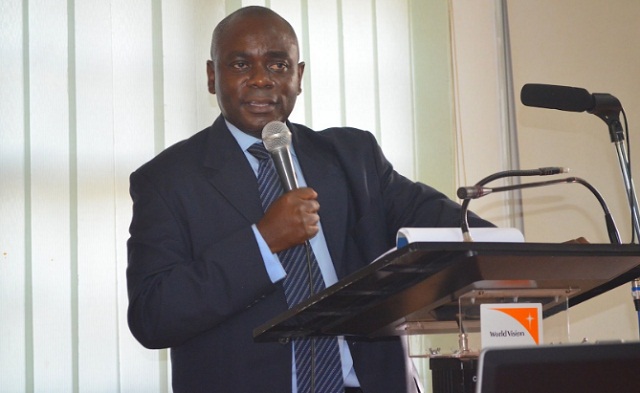
This is almost double what URA failed to collect in the previous financial year. Similar cash constraints in 2016 forced Kasaija and Muhakanizi to borrow $200 million from PTA. Sources say apart from the Governor of Bank of Uganda Tumusiime Mutebile, the then Director for Economic Affairs Lawrence Kiiza, the Accountant General Lawrence Semakula, the IMF was also opposed to Uganda’s acquisition of the $200 million loan.
The latest meeting with the IMF follows another meeting in which the IMF expressed growing concerns over Uganda’s failure to observe certain conditions that inform the review of the country’s economic performance under the Policy Support Instrument (PSI) arrangement.
The PSI is an instrument of the IMF designed for countries that do not need balance of payments financial support. The PSI helps countries design effective economic programs that, once approved by the IMF’s Executive Board, signal to donors, multilateral development banks, and markets the Fund’s endorsement of a member’s policies.
Uganda’s PSI program expired in July 2017. According to Mira, IMF and government started negotiations following the authorities’ expression of interest in October/November 2017. Again, diplomatically, Clara noted that if the authorities so wish, they stand ready to continue the process on the basis of the approved 2018/19 budget.
Insiders say in the past, Kasaija pleaded with the IMF not to make a statement that would portray Uganda as a basket case. Economist Fred Muhumuza, a former advisor to the Finance Minister, gave a hint about why Kasaija was pleading.
“While the IMF doesn’t lend Uganda money,” Muhumuza told The Independent, “Many people have been lending to Uganda on the strength of the IMF’s PSI. If there is no PSI, those people will not be lending to us. Already many people have already decided they will not be lending to government.”
Uganda’s PSI was last approved by the IMF on June 28, 2013. A new one was supposed to be established in 2016 but Uganda didn’t meet the conditions and instead, a one-year extension was approved on June 6, 2016.
After the one year, the conditions were still not met and a further extension through July 28, 2017 was approved on June 19, 2017. That extension has since expired necessitating a new round of negotiations.
“I am surprised they (IMF) have stuck that far,” Muhumuza told The Independent, “You only extend that much if you think the other party is ready to address the problem. But the managers of this economy do not seem to be going in that direction.”
Given the tensions, Muhumuza noted, the risk is quite wide, it might be hard for them to compromise and reach agreement again.
According to Muhumuza, the perennial sticking issues between government and the IMF have tended to include concerns over; revenue mobilisation, supplementary budgets, debt management.
The economist said that officials here have continued to fail to observe these and have instead tended to focus on addressing the symptoms and not the problems.
Muhumuza explained that because the economy is not doing well, it follows automatically that URA cannot meet its targets.
 The Independent Uganda: You get the Truth we Pay the Price
The Independent Uganda: You get the Truth we Pay the Price


